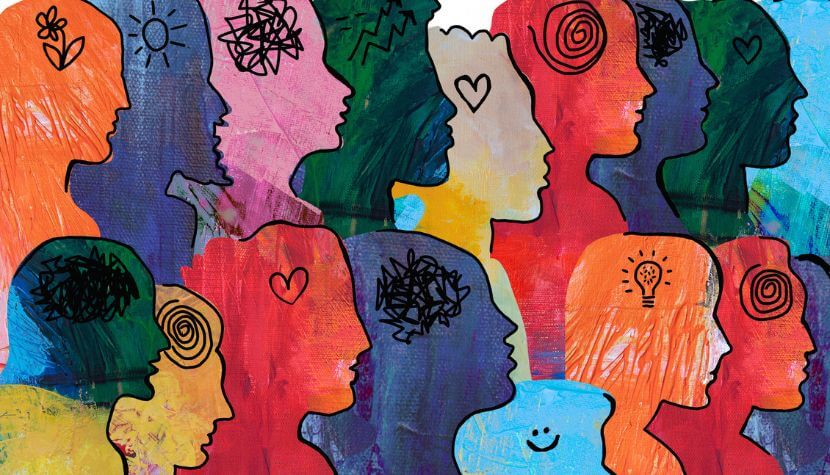
October 10th is World Mental Health Day, a reminder that mental well-being is essential—especially in times of crisis and emergency. Disasters and crises affect both mind and body, bringing fear, anxiety, and long-term stress. To help our community better understand how to cope during difficult times, CCP’s Behavioral Health Consultants (BHCs) shared their insights and practical advice. Healing, they remind us, takes time not just for individuals, but for entire communities.
What are some common signs of vicarious trauma or emotional fatigue that people might overlook?
Trauma isn’t always visible. Irritability, sleep problems, and feeling numb can be signs of vicarious trauma—subtle signals that are easy to miss but important to notice. Paying attention to these signs is a crucial first step in caring for yourself and others.
What are effective ways for individuals to stay informed without becoming overwhelmed by media coverage of crises?
News coverage of disasters can be relentless. Our BHCs recommend limiting news exposure, selecting trusted sources, and balancing heavy stories with uplifting content to maintain a healthy balance. Staying informed is important—but protecting your mental health is just as crucial.
What daily habits or routines help people maintain mental wellness during high-stress situations?
Small, consistent actions help maintain stability during periods of high stress. Simple habits, such as regular exercise, good sleep hygiene, breathing techniques, and maintaining social connections, can make a significant difference in mental well-being.
How can friends, family, and coworkers check in and provide meaningful support after a traumatic event?
Checking in consistently, listening with care, and offering practical help are all ways to support friends, family, and coworkers after trauma. Sometimes, a compassionate presence is the most powerful tool for helping someone navigate difficult emotions.
What are some ways to reduce stigma when encouraging someone to seek mental health support after a crisis?
Seeking help for mental health is a sign of strength, and it is just as important as a physical check-up. Reducing stigma ensures people feel safe accessing support and addressing challenges before they escalate.
What role does Integrated Behavioral Health play in expanding access to mental health services for communities affected by emergencies?
Integrated Behavioral Health brings mental health support into primary care, which continues to be the frontline for behavioral health. This approach makes services more accessible during crises, reduces stigma, identifies needs earlier, and addresses both physical and emotional well-being, providing whole-person care when it matters most.
What advice would you give to someone who feels overwhelmed by the constant news of disasters and emergencies?
If the constant stream of news feels overwhelming, our BHCs advise setting boundaries, taking breaks, and focusing on what you can control—your routines, your connections, and your self-care.
By paying attention to signs of emotional fatigue, building daily resilience, and leaning on trusted support systems, we can navigate crises more effectively while caring for ourselves and our communities.
Join us this World Mental Health Day to learn more about coping strategies and practical tools for maintaining mental wellness in challenging times. Learn more about our free webinar here.
Join us this World Mental Health Day to learn more about coping strategies and practical tools for maintaining mental wellness in challenging times. Learn more about our free webinar here.
